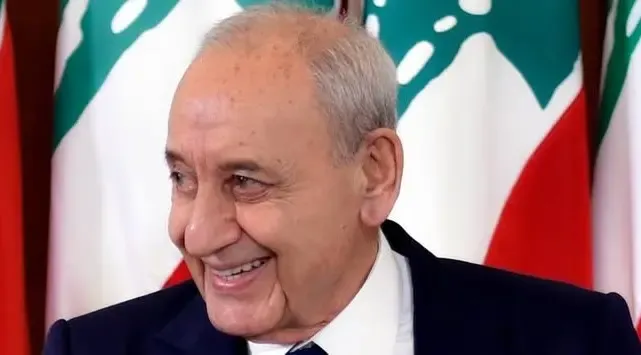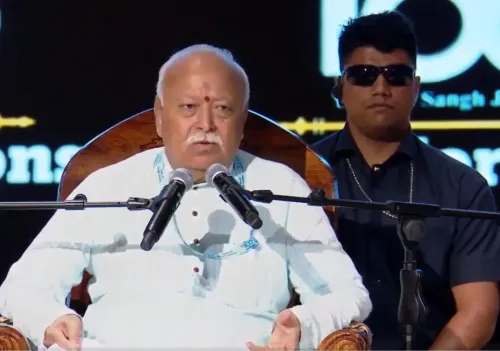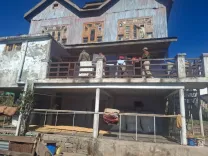Is Lebanon's Normalization with Israel Truly Impossible?

Synopsis
Key Takeaways
- Nabih Berri asserts that normalization with Israel is not an option.
- Indirect negotiations involving all parties are essential.
- Despite a ceasefire, Israeli airstrikes continue to impact Lebanon.
- The estimated losses from the conflict may exceed $11 billion.
- Reconstruction remains a key priority for the Lebanese government.
Beirut, Nov 9 (NationPress) - The Speaker of the Lebanese Parliament, Nabih Berri, firmly stated that "normalization with Israel is off the table." He emphasized the necessity for all involved parties, including Lebanon, Israel, the United States, France, and the UN, to participate in indirect negotiations, as reported by the Lebanese Asharq Al-Awsat newspaper, according to Xinhua news agency.
Berri added, "We have no objections to including civilian experts when needed, similar to the consultations held during the demarcation of the Blue Line in 2000, where geological and mapping specialists were involved."
He reiterated that "Israeli threats and airstrikes will not alter our stance on this issue."
A ceasefire between Hezbollah and Israel has been in place since November 27, 2024, yet the Israeli military continues to execute sporadic strikes within Lebanon, claiming these actions target Hezbollah 'threats' while maintaining their presence at five strategic locations along the Lebanese border.
Recently, three Israeli airstrikes aimed at three vehicles in eastern and southern Lebanon resulted in three fatalities and 11 injuries, as reported by the official National News Agency.
In light of these ongoing tensions, Lebanon has prioritized postwar reconstruction despite the hindrances posed by ongoing Israeli attacks, as stated by Public Works and Transport Minister Fayez Rasamny on Saturday.
Rasamny remarked, "Reconstruction is a top priority for both the government and the presidency," according to the official National News Agency, noting that fieldwork has been repeatedly disrupted by Israeli strikes.
The government has completed comprehensive assessments of infrastructure damage and devised a clear vision for reconstruction, estimating that total losses from the recent conflict may surpass $11 billion. Lebanon is currently awaiting a $250 million loan from the World Bank to initiate the rehabilitation of essential facilities. "This amount is insufficient, but it serves as a starting point for the reconstruction process," he added.









